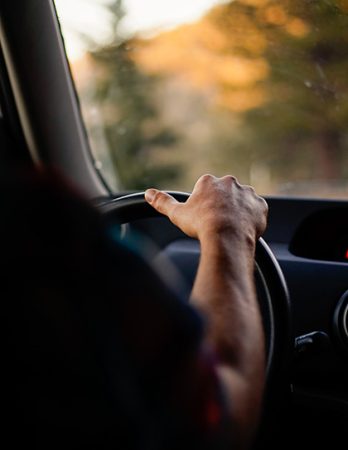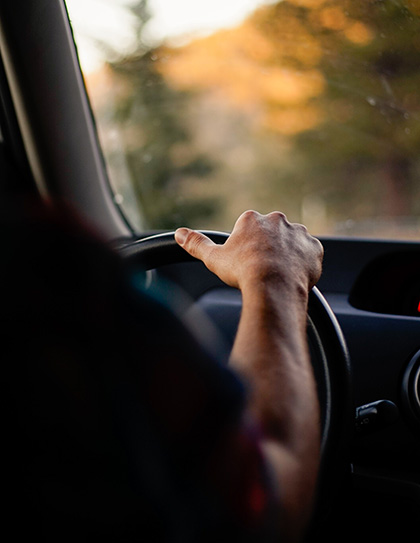
NINA BANKS
campus editor
nina.banks@my.tccd.edu
“You know I’m _____ right?”
A sentence that I’m sure many people have had to clarify about their race, ethnicity, sexuality, etc. when met with a comment made disparagingly about one of their identities. The moment the question leaves my lips, I am met with wide-eyed glances paired with obligatory apologies about how “they didn’t know.”
Passing in terms of race has been a tool for many to escape prejudice, but for many mixed race individuals such as myself, racial ambiguity makes it difficult to discern what others perceive you as. Being Black and Japanese, I have heard people think I was fully Black and vice versa. Thus making non-Black people feel comfortable making stereotypical Black jokes in my presence.
In 2023, being visibly Black or Asian isn’t beneficial to my safety. Black people are subjected to racial profiling and East Asians have been subject to violent hate crimes in recent years.
My first run in with racial profiling was — shocking — with cops. I got off work at 11 p.m., and am exhausted. This particular night however led me to make the innocent mistake of forgetting to turn on my lights. I didn’t make it far down the street before I was pulled over. Here we go. Hands on the wheel, no sudden movements and smile. But don’t smile too much.
The cop approached my window and asked for license and registration. Upon retrieving them, the cop goes on the dispatch and informs the other cop that an “18-year-old Black female” was in the car.
I was let go and got off with a warning. I didn’t think much of it until I told my white peers about the interaction and was met with silence.
“The cops never said anything about my race when I got pulled over.”
Fortunately, I came out of my traffic stop alive, but for so many Black Americans, that is not the reality. Racial profiling is so prominent, we have coined the term “driving while Black” to describe the all too common scenario of getting pulled over because of our race.
In America, Black Americans have been killed by doing the mundane: driving, sleeping, walking, etc. Instead of being able to rely on law enforcement to keep communities safe, we must instead fear them. The instinctive check around the car when you see a police car approaching could mean life or death to Black Americans.
The fear of police for Black Americans stems from a history of unwarranted aggression and violence. Our modern day cops evolved from “Slave Patrols,” a system that’s intended use was to catch and return runaway enslaved people to their enslavers. Once slavery was abolished, cops were put into place to resume the job of the former “Slave Patrols” and maintain law and order.
However when Black Americans weren’t afforded to create generational wealth due to 400 years of servitude, crime and poverty became rampant in these communities and thus the target of the police. The association of Black Americans with wrongdoing is historical and runs farther than many are willing to acknowledge.

